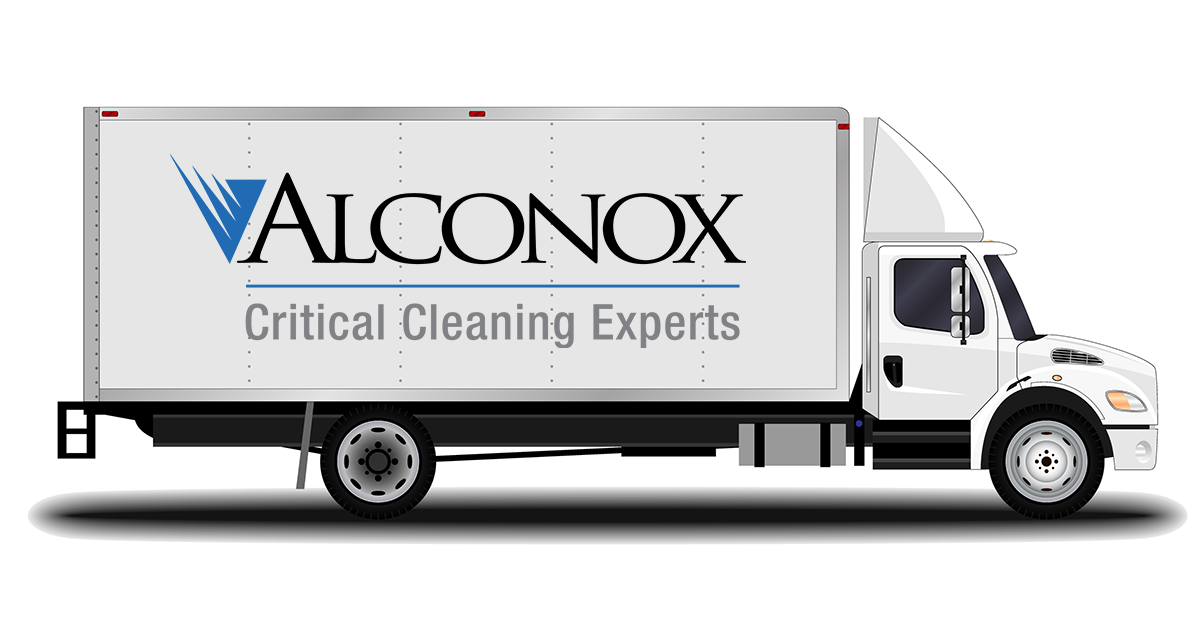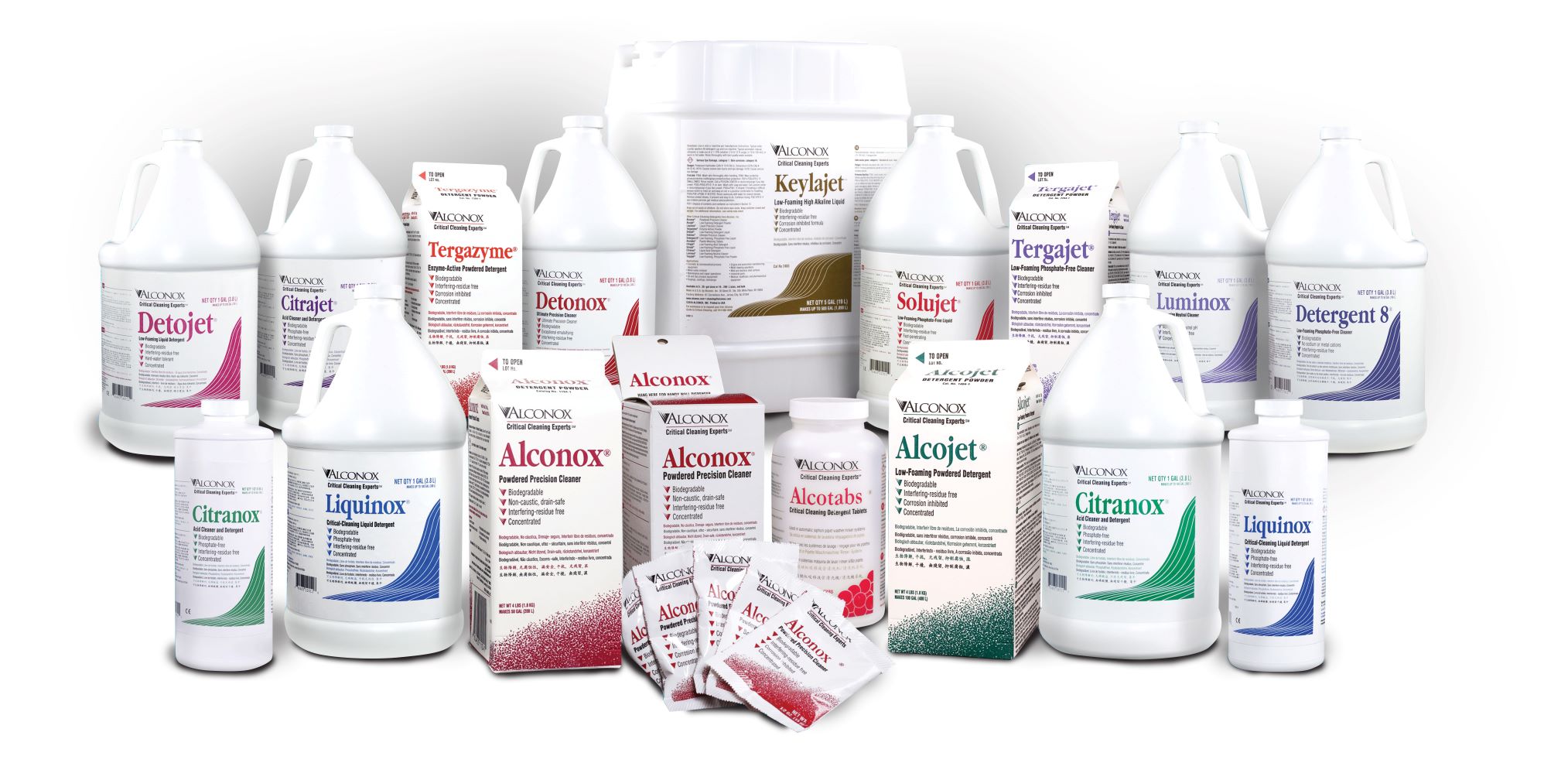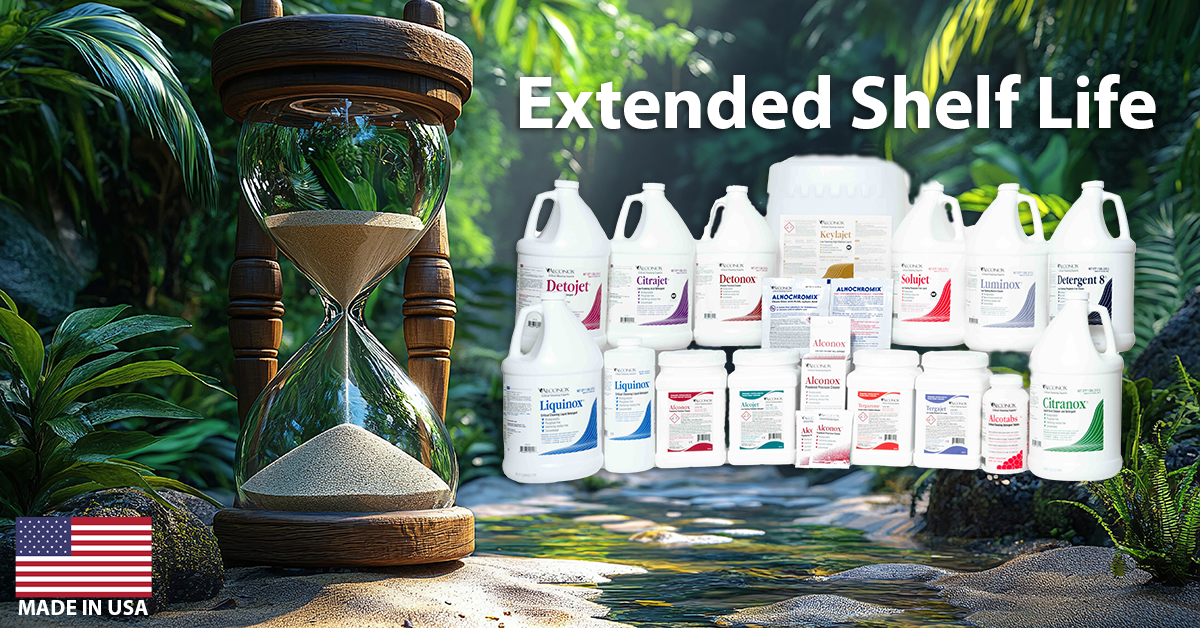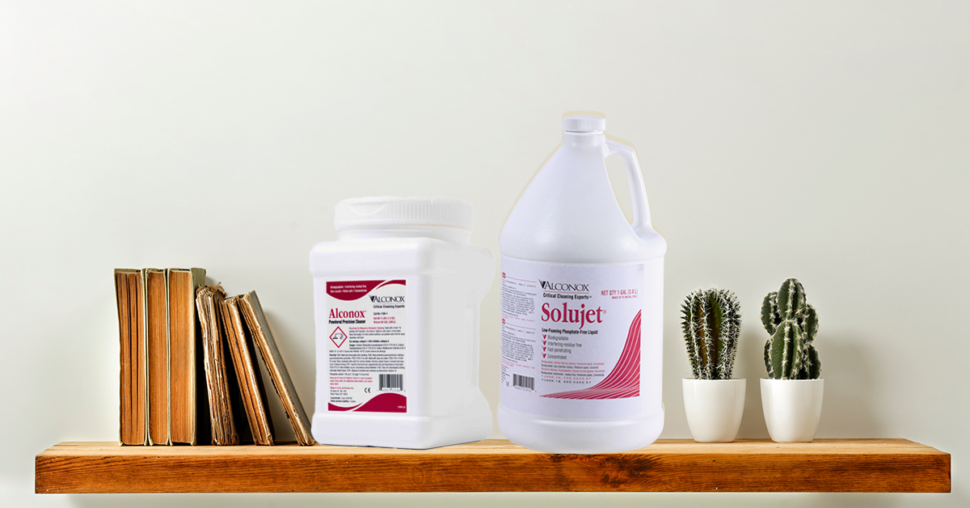
Q: What is the difference between soaps and detergents?
A: The short answer is soaps are formed from a process called saponification and detergents are a combination of chemicals that emulsify, hydrolyze, disperse, oxidize, sequester and/or chelate.
Generally speaking, soaps may be natural plant or animal fats with an alkaline base. Detergents are a synthetic blend of several ingredients. These include some or all of: surfactants, builders, wetting agents, chelating agents, sequestering agents, enzymes, and others, to form a synergistic cleaning product. Alconox, LLC detergents are formulated to be biodegradable, completely free-rinsing, contain no added dyes, fragrances, brighteners or softeners. They are just water and chemicals designed solely to clean.
Soaps can be effective cleaners but may foul or turn due to being made purely from substances that decay. They also have less mechanisms of action to remove residuals. Detergents can emulsify, disperse, chelate, lift, cleave, or solubilize, and are generally speaking, a far more robust way to clean. Hence, their wide use across food processing, manufacturing, biotech and pharma, medical device, healthcare and laboratory applications.
Note that most products used as a ‘wash’ or ‘cleanser’ are detergents for this precise reason of increased and wider effectiveness across a wider array of residues, water quality and applications.
For further information please do not hesitate to contact us.
To request any Alconox, LLC detergents for free, please complete the questionnaire at Get Sample. For more information about any one of our Alconox, LLC detergents, consult the technical bulletin for each product. Or click here to access each of our detergent’s Safety Data Sheets.
Do you have a critical cleaning question for the experts at Alconox, LLC? Search TechNotes to see if it’s been answered before or Ask Alconox.



